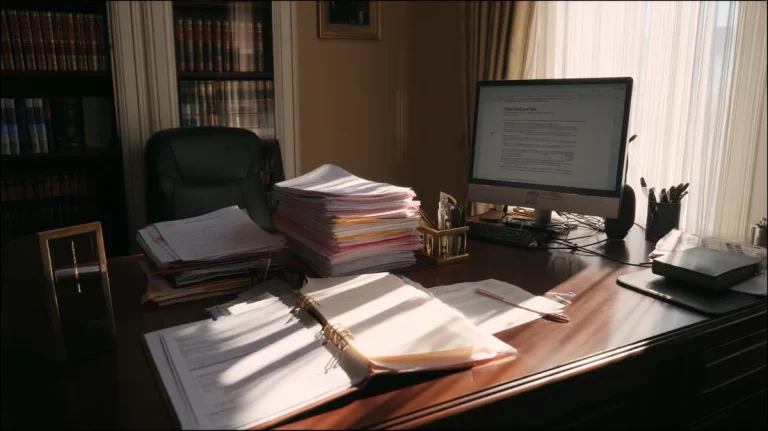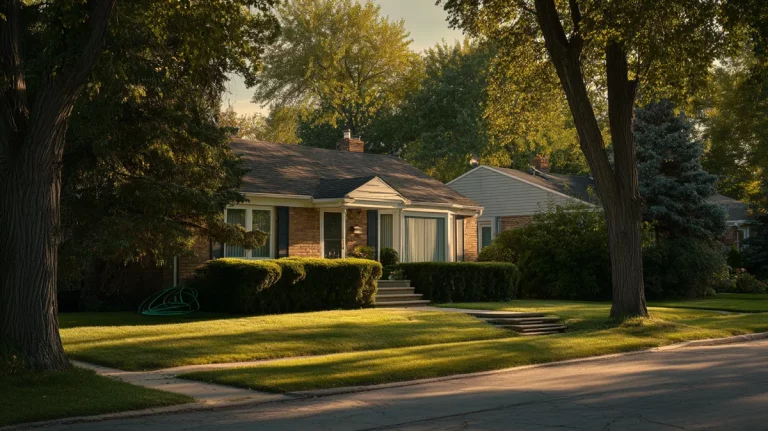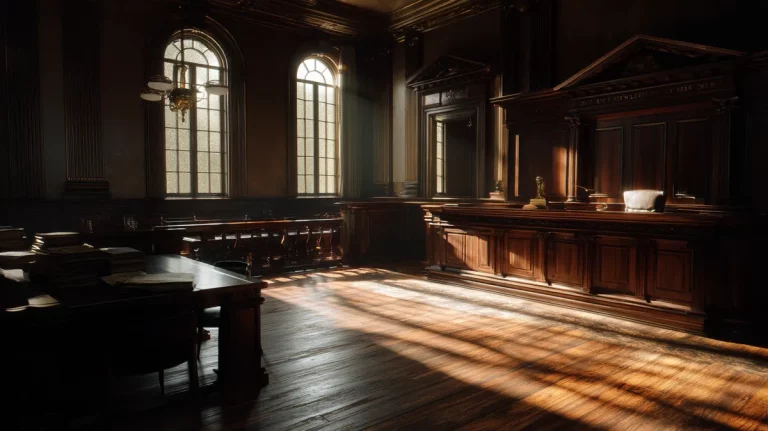Passing away without a will, known as dying intestate, drops a family into a court-guided maze they never asked for.
Real property, personal belongings, and even routine bank accounts freeze until a probate judge sorts out who inherits.
If you are handling a loved one’s home after they die without instructions, or you simply want to know how your own property would move when you are gone, this guide explains how intestate succession and the probate process decide ownership, how a deed changes hands, and how you can spare your heirs from extra headaches.
The Legal Framework for Property Transfer Without a Will
Every jurisdiction keeps its own intestate succession laws that act as a default estate plan.
Community property areas treat a married couple’s earnings and purchases as jointly owned from day one. When one spouse dies, their half can shift entirely to the surviving spouse if all children come from that marriage; otherwise, it splits between the spouse and those children.
Common-law areas work differently. They typically give the first slice to the surviving spouse, then pass what remains to children or parents in a strict order. Title questions grow complicated when the property is located in a different region from where the owner lived. A lake cabin across state lines may require its own ancillary probate even if the main estate is handled elsewhere.
Bank accounts with payable-on-death instructions and life insurance with named beneficiaries skip probate because ownership changes as soon as the institution receives a certified copy of the death certificate.
The only assets that must go through probate are those held solely in the deceased owner’s name with no beneficiary or joint owner listed.
Who Inherits the Property When Someone Dies Without a Will?
When probate opens an intestate estate, it follows a rigid ladder of heirs. That ladder can feel unfair to blended families or long-time partners who never married, yet the statute leaves little room for creativity.
Spouse’s rights
In many places, the surviving spouse stands first in line.
If the home is community property, that spouse already owns half. The other half can move entirely to the spouse when all children are from that marriage.
Where children come from different relationships, the decedent’s half generally divides between those children, so the spouse keeps use of the house but not full title.
Children’s rights
Biological and legally adopted children inherit next. Grandchildren step in only if their parent, the child of the decedent, has already passed away.
Stepchildren rarely inherit unless they were formally adopted or specifically listed as beneficiaries somewhere else.
Parents and siblings
If the owner dies without a spouse or children, the estate usually moves upward to the parents.
Should both parents be gone, siblings share the property according to local succession law. A surviving half-sibling often splits the same share as a full sibling, although details vary.
Extended family heirs
When closer relatives are missing, the court walks the family tree outward to grandparents, aunts, uncles, cousins, and beyond.
If no lawful heir exists, the property eventually escheats to the government.
Process of Property Transfer Without a Will
The transfer starts when an interested person, often the surviving spouse, files a petition for probate and attaches a certified copy of the death certificate. Because no executor is named, the court appoints an administrator as personal representative.
The administrator must inventory every estate asset, from real property to personal property, investment accounts, and bank accounts. Creditors and tax offices receive notice so they can file claims. The administrator pays valid debts, settles income taxes or estate taxes, and confirms who the lawful heirs are under intestacy laws.
Once the judge signs off, the estate can either hand the home to an heir or sell it and split the cash. After covering all bills and fees, the administrator signs the new deed or closing papers and records them with the county so the title is officially in the next owner’s name.
Only when the judge issues a decree and the deed is recorded can the heir sell the property, refinance it, or move in without a legal cloud.
Common Challenges in the Probate Process
Family disagreements over who should inherit can slow probate to a crawl.
Multiple marriages may create rival sets of children. A former spouse still named on an old property deed can argue for a share.
Title defects, such as a forgotten lien that was never released, create hurdles for buyers and lenders. If the estate owes back taxes or medical bills, heirs may be forced to sell the property.
Public probate files sometimes attract real estate investors who pressure financially stressed heirs with low offers.
How to Avoid Probate or Complications in the Future
A signed will remains the simplest tool because it lets you choose beneficiaries, an executor, and backup plans.
For real property you hope to keep in the family without probate, consider recording a transfer-on-death deed, sometimes called a beneficiary deed, if your jurisdiction offers one. The deed names a beneficiary who receives the property automatically upon your death, yet has no control while you are alive.
When property is owned jointly with a right of survivorship, it shifts to the surviving co-owner the moment the other dies, even though both shared control during their lifetimes. You can get the same probate shortcut for bank accounts, retirement funds, and life insurance by naming a payable-on-death or other beneficiary ahead of time.
A revocable living trust can gather multiple properties, bank accounts, and personal items into one legal document. The trustee you pick manages everything for your benefit while you are alive, then distributes or retains assets for heirs according to written instructions without court intervention.
Update any estate plan after marriage, divorce, birth of a child, or purchase of property in a new region.
FAQ’s About Transferring a Property After Death Without a Will
The loan survives the borrower. The estate or heirs must keep making payments or risk foreclosure. Many lenders allow a surviving spouse or heir to assume the loan, but they will ask for the death certificate and proof of heirship before modifying the account.
No. Assets titled jointly or with beneficiary designations avoid probate. Real property owned solely by the decedent generally must pass through probate unless a valid transfer-on-death deed or trust arrangement was set up earlier.
A straightforward estate might close in six to nine months. Disputes, blended families, tax issues, or property in multiple regions can stretch the timeline to several years.
Almost always, the widow or widower can stay in the house while probate is underway. Judges don’t like forcing a spouse out, but that person still has to keep the mortgage, taxes, and insurance paid so the place stays in good shape for everyone who’ll inherit.
Law seldom forces families to hire an attorney, yet administrators carry personal liability for mistakes. Because rules on affidavits, notices, and deed preparation differ by jurisdiction, professional guidance is worth the cost when real property is involved.






